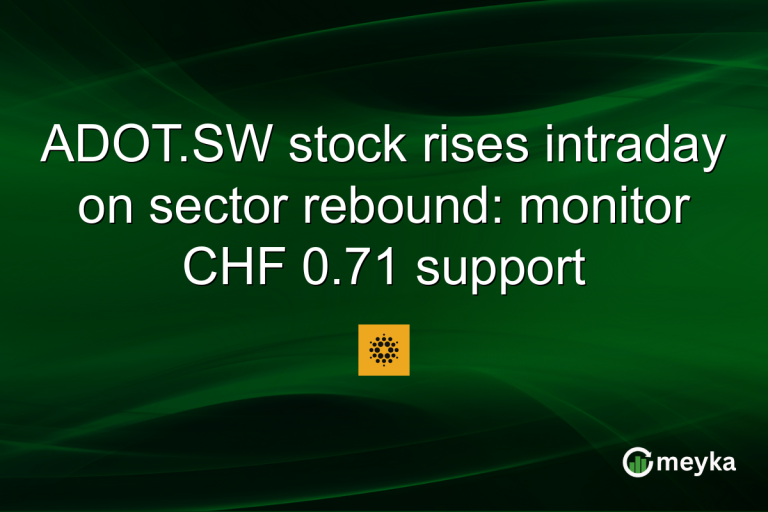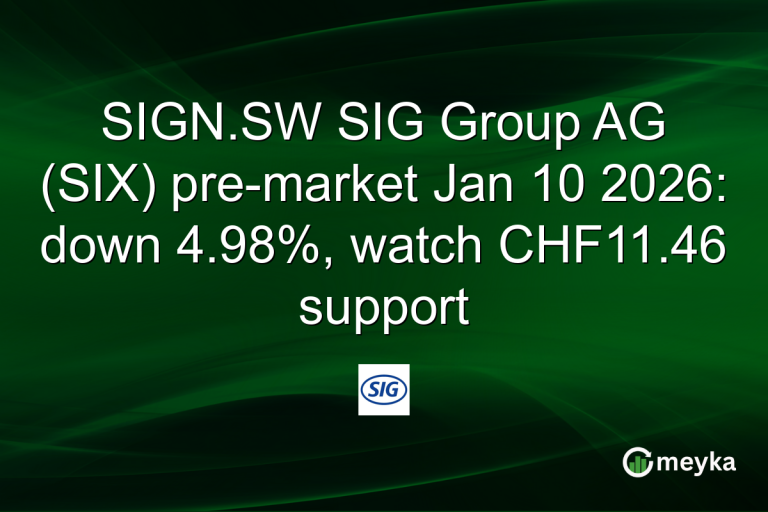CIMB Singapore CEO Resigns Abruptly: Implications for the Banking Sector
The sudden resignation of CIMB Singapore’s CEO has taken many by surprise, shaking confidence in the banking sector. This unexpected move has prompted speculation about the impact on CIMB’s strategic direction and leadership stability. As one of the prominent players in the region, CIMB’s latest management change could have broader implications for the banking market in Singapore and beyond. Let’s explore what this change means for investors and the industry.
Leadership Change at CIMB Singapore
News has surfaced that the CEO of CIMB Singapore has “resigned unexpectedly,” leaving a gap in leadership at the bank. Reports suggest that this sudden change adds to growing concerns about CIMB’s strategic focus and stability in the ASEAN market. With major challenges ahead, such as tightening regulatory standards and increasing competition in the banking sector, this leadership vacancy could complicate the bank’s efforts to maintain its competitive edge. The bank’s decision-making process may face scrutiny owing to this unplanned shift at the top.
Impact on CIMB’s Market Strategy
The CEO’s departure could have meaningful consequences for CIMB’s market position. CIMB Group aims to strengthen its foothold in the fast-evolving financial landscape of Singapore, a critical hub for Southeast Asian economic activities. As of now, CIMB’s stock (CIMB.KL) has reacted to the news with some volatility. According to Yahoo Finance, analysts have noted the potential for short-term instability that could impact investor confidence. Market watchers will be keen to see how CIMB fills this leadership gap and whether a new direction will emerge from this unexpected change.
Broader Implications for the Banking Industry
CIMB’s leadership change comes at a time when the banking industry in Singapore is experiencing significant transformation. Regulatory reforms, technological advancements, and an increasingly complex competitive environment are influencing how banks operate and serve their clients. The unexpected resignation raises questions about the readiness of banks to adapt quickly to such unplanned changes. According to Bloomberg, industry experts believe this situation underscores the importance of robust succession planning and strategic agility in the banking sector. Investors and stakeholders will be watching closely to see how CIMB and other banks navigate these evolving challenges.
Navigating Future Opportunities and Challenges
For CIMB, the immediate challenge will be to stabilize operations and reassure stakeholders. Finding the right leader who can steer the bank towards achieving its strategic goals will be crucial. The focus will be on finding a leader who can understand the nuances of the local market while aligning with CIMB’s broader vision. While this disruption could present potential setbacks, it also offers an opportunity for CIMB to rethink its strategies and enhance its competitive positioning. Proper management of this transition will determine how well CIMB can capitalize on emerging opportunities in the region’s banking industry.
Final Thoughts
The resignation of CIMB Singapore’s CEO presents a mix of challenges and opportunities for the bank and the wider financial sector. As CIMB maneuvers through this leadership transition, the broader implications for the banking industry in Singapore cannot be overlooked. With potential strategic redirection on the horizon, stakeholders will be observing closely to gauge CIMB’s next steps. Platforms like Meyka could provide valuable insights into real-time market trends and data-driven analysis during this critical period.
FAQs
The exact reasons for the resignation have not been publicly disclosed, sparking speculation and analysis within the financial community about leadership challenges at the bank.
The stock might experience volatility as the market assesses the impact of this change on the bank’s strategic direction and leadership stability. Investors will be keenly watching CIMB’s next moves.
This could highlight the sector’s need for robust succession planning and strategic agility in adapting to unforeseen leadership changes, influencing how banks plan for future challenges.
Disclaimer:
This is for information only, not financial advice. Always do your research.






